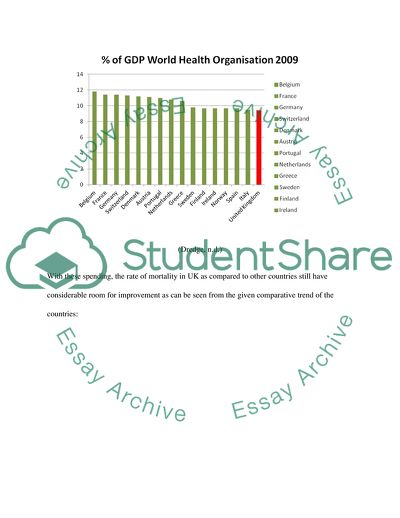Cite this document
(The NHS is currently engaged in a significant effort to deliver cost Essay, n.d.)
The NHS is currently engaged in a significant effort to deliver cost Essay. https://studentshare.org/finance-accounting/1806223-the-nhs-is-currently-engaged-in-a-significant-effort-to-deliver-cost-and-efficiency-gains-do-the-current-methods-of-costing-budgeting-and-accounting-provide-it-with-the-appropriate-information-to-undertake-this-task
The NHS is currently engaged in a significant effort to deliver cost Essay. https://studentshare.org/finance-accounting/1806223-the-nhs-is-currently-engaged-in-a-significant-effort-to-deliver-cost-and-efficiency-gains-do-the-current-methods-of-costing-budgeting-and-accounting-provide-it-with-the-appropriate-information-to-undertake-this-task
(The NHS Is Currently Engaged in a Significant Effort to Deliver Cost Essay)
The NHS Is Currently Engaged in a Significant Effort to Deliver Cost Essay. https://studentshare.org/finance-accounting/1806223-the-nhs-is-currently-engaged-in-a-significant-effort-to-deliver-cost-and-efficiency-gains-do-the-current-methods-of-costing-budgeting-and-accounting-provide-it-with-the-appropriate-information-to-undertake-this-task.
The NHS Is Currently Engaged in a Significant Effort to Deliver Cost Essay. https://studentshare.org/finance-accounting/1806223-the-nhs-is-currently-engaged-in-a-significant-effort-to-deliver-cost-and-efficiency-gains-do-the-current-methods-of-costing-budgeting-and-accounting-provide-it-with-the-appropriate-information-to-undertake-this-task.
“The NHS Is Currently Engaged in a Significant Effort to Deliver Cost Essay”. https://studentshare.org/finance-accounting/1806223-the-nhs-is-currently-engaged-in-a-significant-effort-to-deliver-cost-and-efficiency-gains-do-the-current-methods-of-costing-budgeting-and-accounting-provide-it-with-the-appropriate-information-to-undertake-this-task.


